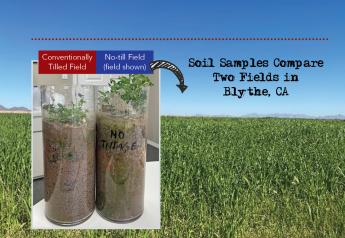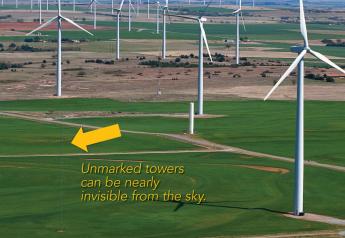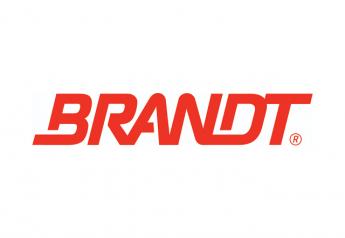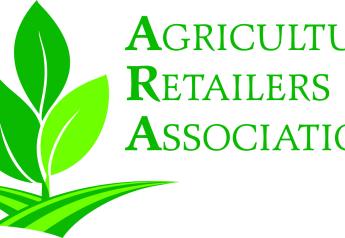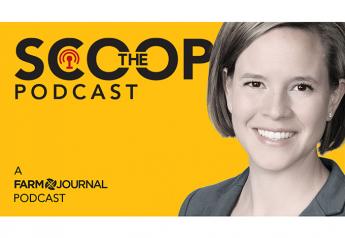Rabobank on NAFTA: Soft Landing Most Likely

Renegotiation of the North American Free Trade Agreement (NAFTA) will most likely result in a soft landing, where the U.S. dairy industry sees more upside than downside, increased risk for Canada and status quo for Mexico.
But none of this is a given, say Rabobank dairy analysts Tom Bailey and Aga Dobrowolska Perry. “History tells us that it will take at least 2 to 4 years to renegotiate the deal,” says Perry, “and all that assumes all three nations will be able to agree.”
The analysts released a 12-page report this morning, saying “the most likely scenario is for NAFTA to be renegotiated.” Too much is at stake for the United States, Canada and Mexico for the agreement to be dissolved. But nothing can be taken for granted, given hyperbolic rhetoric from the Trump Administration—though the tone has softened from dissolution of the trade agreement to renegotiation in recent weeks.
“The U.S. exports around 15% of the milk it produces. For some states, such as California, Wisconsin, Michigan and New York, that number is closer to 20 to 30%, so a shake-up in trade flows will disproportionately affect those states,” write the analysts.
A worst-case scenario, where NAFTA is dissolved, would be tumultuous, with $3.7 billion in dairy trade lost. “For dairy, it would take years to recover, as milk supplies would be forced lower due to a drop in milk prices [approaching those of 2009] and weakened economic growth slowing farmgate investments,” say the analysts.
The U.S. eventually would likely regain markets elsewhere, picking up sales displaced by European and Oceania exports to Mexico. But that reshuffling would take time, and would likely be at lower prices due to longer transportation routes and other marketing costs.
“The very threat of the loss of NAFTA should be a wake-up call to the U.S. dairy industry’s lack of market differentiation and ove-dependence on one single market. Mexico and Canada account for 45% of U.S. dairy exports—with Mexico taking 32% and Canada 13%” say Bailey and Perry.


